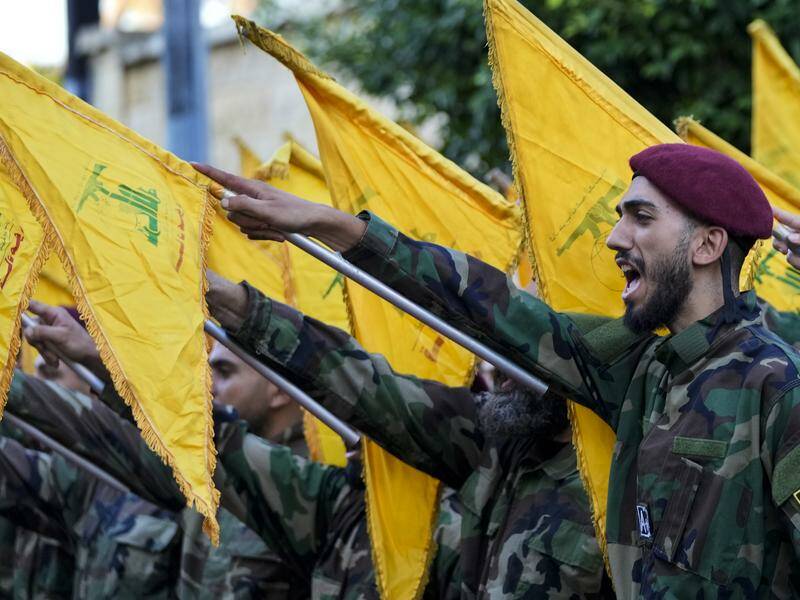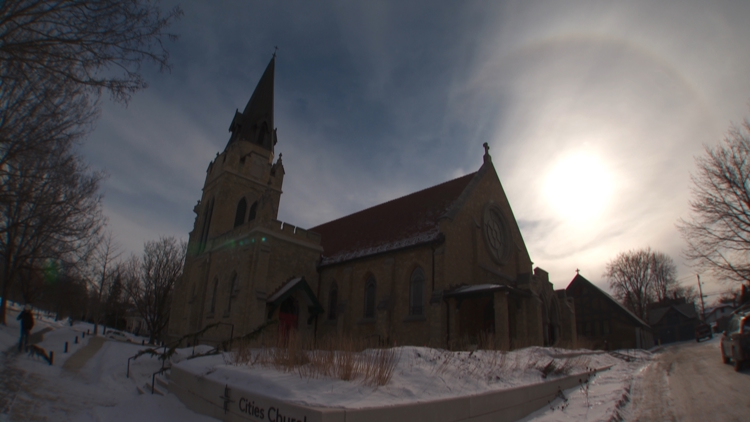
Israel is prepared to support Lebanon in its efforts to disarm Hezbollah, according to a statement from Prime Minister Benjamin Netanyahu‘s office. This announcement follows a decision by the Lebanese cabinet, which endorsed a U.S. framework aimed at disarming the Iran-backed militant group. The plan has ignited significant debate within Lebanon, reflecting deep divisions over the issue.
Earlier this month, Lebanon’s government approved the objectives of the disarmament initiative proposed by U.S. envoy Tom Barrack. Netanyahu’s office indicated that if the Lebanese Army takes steps to implement the plan, Israel would consider reciprocal actions. These could include a reduction in Israeli military presence, coordinated with a U.S.-led security mechanism.
The disarmament roadmap submitted by Barrack represents the most detailed proposal to date for curbing Hezbollah’s military capabilities. The group has consistently rejected calls to disarm, particularly following the devastating conflict with Israel in late 2024, which resulted in extensive destruction across Lebanon.
A U.S.-brokered ceasefire in November 2024 ended the hostilities, mandating Lebanon to confiscate all “unauthorized” weapons nationwide. In exchange, Israel pledged to halt offensive operations against Lebanese targets. Despite this, Israel maintains troops at five positions along its southern border and has continued air strikes targeting what it claims are Hezbollah fighters and weapon facilities.
The Israel-Hezbollah conflict intensified after the October 7, 2023, attack by Hamas from Gaza, which left over 4,000 people dead and caused damages estimated at $11 billion.
In a related development, Israeli airstrikes on Nasser Hospital in Gaza on a recent Monday resulted in the deaths of at least 15 individuals, including three journalists. Among the deceased was cameraman Hussam al-Masri, a contractor for Reuters. Another journalist, photographer Hatem Khaled, also a Reuters contractor, sustained injuries during the attack. The Israeli military has not commented on the strikes.
The victims at the hospital were killed in a double-tap strike, where one missile hit first, followed by another as rescue teams arrived. Nasser Hospital, the largest medical facility in southern Gaza, has endured ongoing raids and bombardments throughout the 22 months of conflict. Hospital officials report severe shortages of supplies and staff.
Strikes on medical facilities have become increasingly common, with multiple hospitals across the Gaza Strip affected. Israel claims its operations target militants using these facilities, though it has not provided evidence to substantiate these claims. A prior strike on Nasser Hospital in June resulted in three fatalities and ten injuries, with Israeli military asserting a focus on Hamas militants allegedly operating from within the hospital.
According to the health ministry, over 62,686 Palestinians have died in the ongoing conflict, without distinguishing between combatants and civilians. The ministry estimates that approximately half of the casualties are women and children. The United Nations and independent observers consider the health ministry’s data the most reliable source on war casualties, although Israel disputes these figures and has not offered its own.
The recent airstrike occurred amidst reports from Israeli media that military chief Eyal Zamir has intensified warnings regarding the planned takeover of Gaza City. He urged Netanyahu to accept a ceasefire proposal aimed at securing the release of remaining hostages. “There is a deal on the table; it is the improved Witkoff deal, we must accept it,” Zamir reportedly stated during a visit to a naval base in Haifa.
This proposal, negotiated by U.S. special envoy Steve Witkoff, suggests a 60-day ceasefire in exchange for the release of ten living hostages in return for Palestinian prisoners. Zamir emphasized that the military has set the conditions for a hostage deal, placing the responsibility for the next steps on Netanyahu.
Operational plans for a potential takeover of Gaza City have been approved by Israel’s political leadership, with around 60,000 additional reservists called up for September. Despite the preparations, Zamir has expressed concerns that the planned operation could jeopardize the lives of the estimated 20 hostages still believed to be alive.
As tensions continue to escalate, the situation in the region remains volatile, with ongoing calls for a resolution to the conflict and the humanitarian crisis affecting countless civilians.







